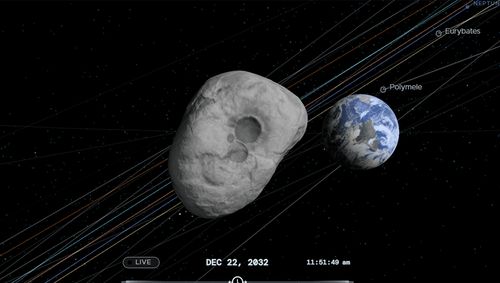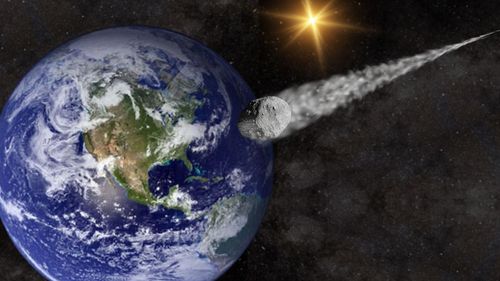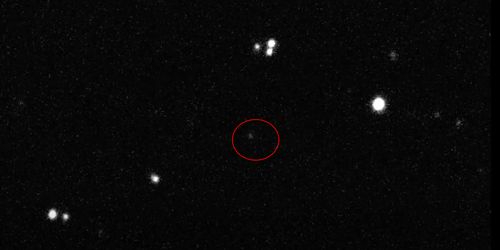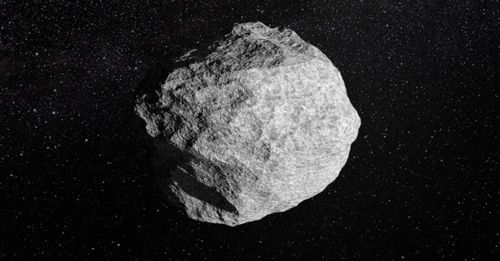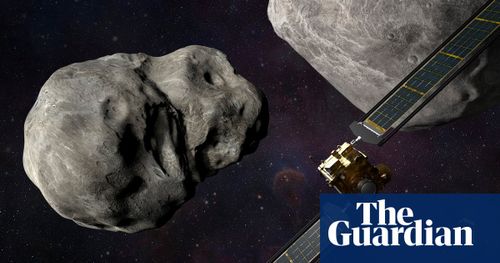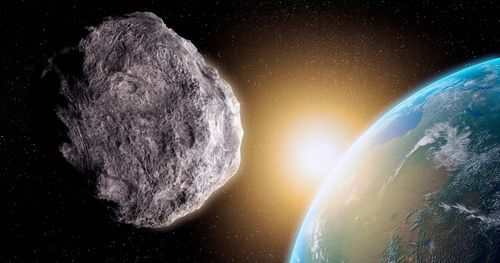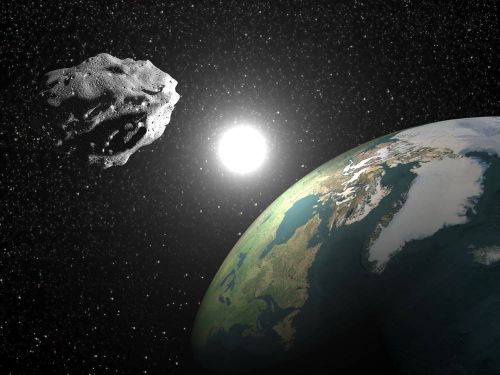Asteroid has one in 83 chance of hitting earth in 2032, astronomers say
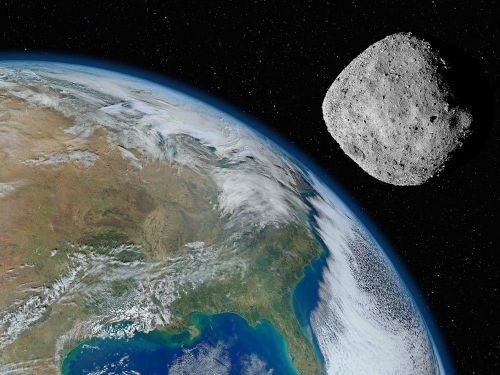
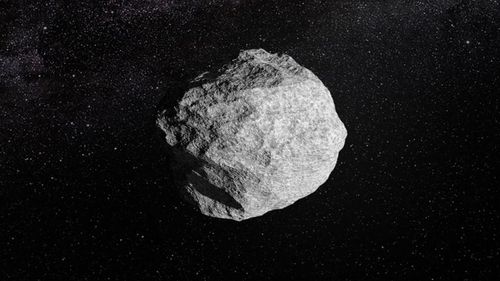
Space agencies are keeping a close eye on a recently discovered asteroid that has a small chance of impacting Earth. Named 2024 YR4, the asteroid has a 1.2% chance of hitting our planet on December 22, 2032, the European Space Agency and NASA have found. But that also means the space rock has a nearly 99% chance of safely passing by Earth in 2032, according to the ESA and NASA. Future observations of the asteroid will help scientists determine the likelihood of an impact. The asteroid is estimated to be between 131 and 328 feet (40 and 100 meters) wide. Asteroids of this size impact Earth every few thousand years, and they can cause severe damage to local regions, according to the ESA.
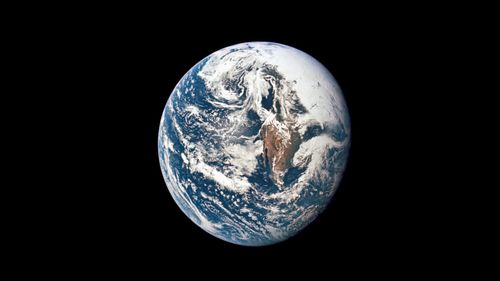
A newly discovered asteroid has a tiny chance of smacking Earth in 2032, space agency officials said Wednesday. Scientists put the odds of a strike at slightly more than 1%. “We are not worried at all, because of this 99 percent chance it will miss,” said Paul Chodas, director of NASA’s Center for Near Earth Object Studies. “But it deserves attention.” First spotted last month by a telescope in Chile, the near-Earth asteroid — designated 2024 YR4 — is estimated to be 130 to 330 feet (40 to 100 meters) across. Scientists are keeping close watch on the space rock, which is currently heading away from Earth. As the asteroid’s path around the sun becomes better understood, Chodas and others said there’s a good chance the risk to Earth could drop to zero.
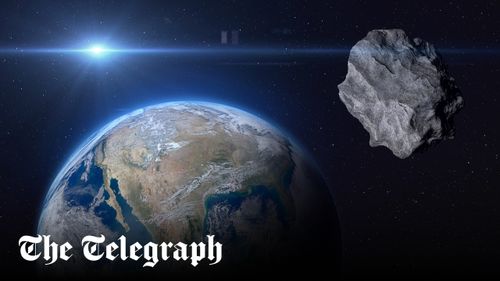
Analysis of the asteroid and its flight revealed it is moving away from Earth at around 38,000mph but its orbit will bring it into close proximity around Christmas 2032. Official estimates state there is around a 1.2 per cent chance of the asteroid, codenamed 2024 YR4, hitting Earth at 5.25am on Wednesday, Dec 22 2032. It is believed to be the highest risk of an asteroid collision ever recorded by the European Space Agency (ESA) and the Christmas asteroid was placed immediately atop the official “asteroid risk list”. The second highest risk has just a 0.68 per cent chance of hitting Earth.


